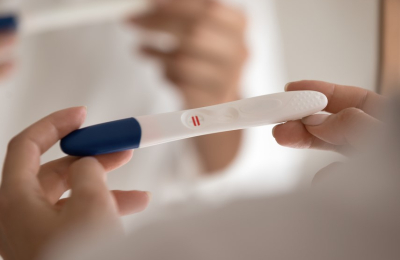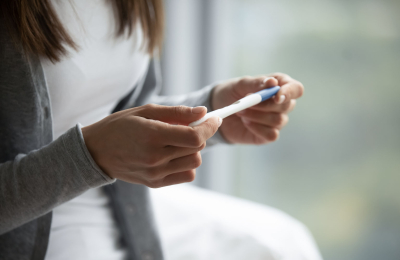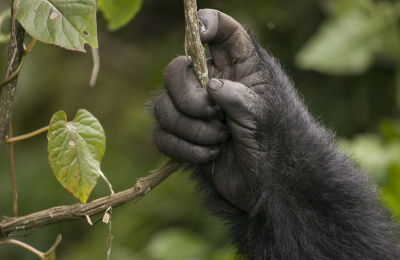
A newly identified protein on the surface of human eggs may be crucial to the fertilisation process, researchers have found.
The protein, known as ‘Maia’ after the Greek goddess of motherhood is proposed to be involved in the fusion between the sperm and the egg.
As reported in The Guardian, the study published in the Science Advances journal discovered the protein using egg-sized beads coated in various peptides which were then exposed to sperm. Where sperm bound to the beads, the protein on the surface was isolated and identified along with the gene responsible for its creation.
When the Maia gene was introduced to non-egg cells, they produced the protein on the surface and sperm were able to then fuse with these cells as in fertilisation. As reported in the Guardian, Professor Harry Moore from the University of Sheffield who led the study, commented this ‘showed you the protein was important, otherwise [the cells] wouldn’t have fused together.’
It is hoped that the discovery of this protein could help to explain why fertilisation failure may occur when conventional IVF insemination is used in treatment, as well as help to develop tests which may indicate fertilisation could be an issue.
Reference: 1. theguardian.com/science/2022/sep/07/protein-discovery-on-human-eggs-may-shed-light-on-unexplained-infertility







































































